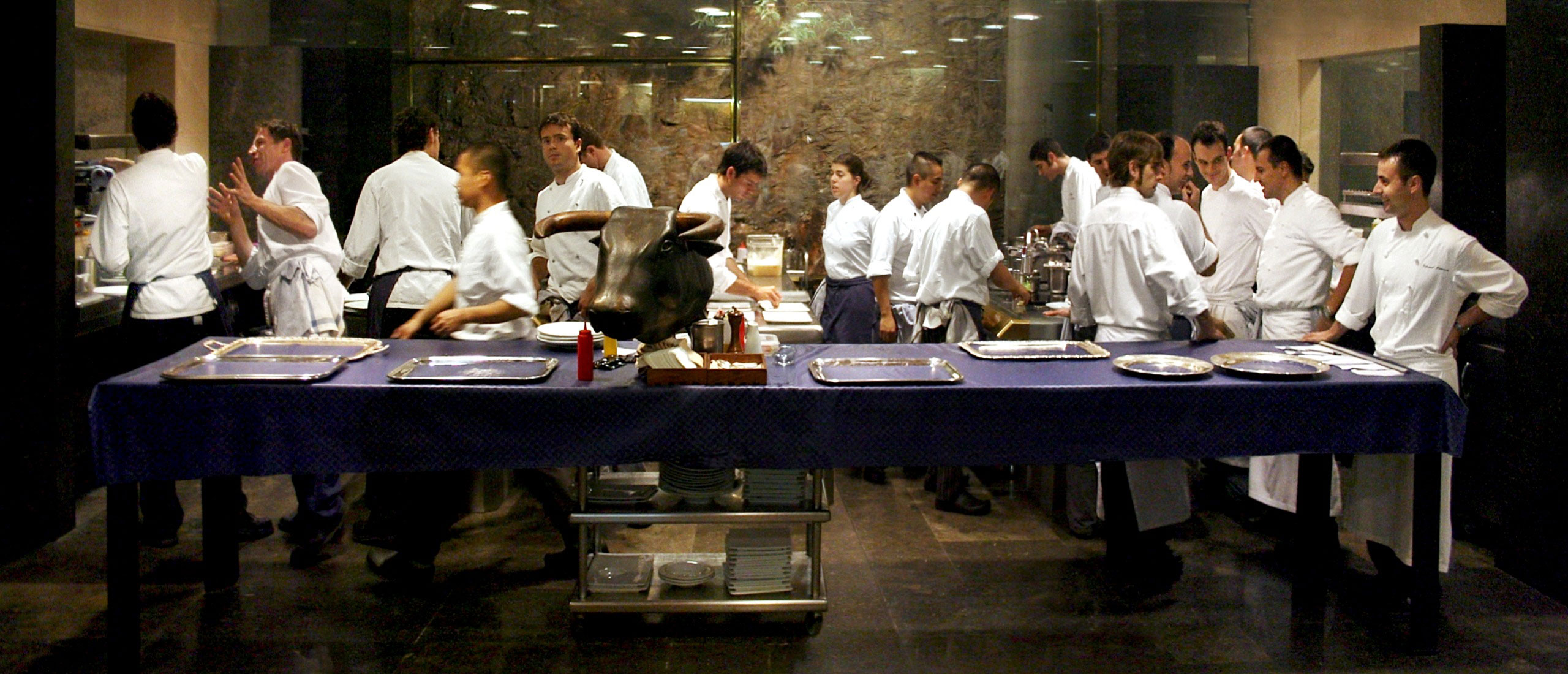

At Homa, we are dedicated to preserving food in the best possible way, merging design with care and design.
As a leading OEM manufacturer, we don’t just produce refrigerators; we craft experiences, applying a strategic design-thinking approach and industrial design to embody the essence of our clients’ brands.
(Our approach enables us to boldly and intelligently differentiate products in the marketplace—whether on physical store shelves or digital platforms where consumers choose the refrigerator that will enhance their kitchens).
To fuel our way of working and broaden our horizons, we listen closely to our clients and collaborate with top innovation, design, and communication agencies, as well as universities. Yet, we also actively seek to engage with and draw inspiration from the world’s finest designers and the most visionary minds in the global creative landscape. And, of course, in our commitment to excellence in food preservation, we connect with leading chefs renowned for their unique and pioneering approaches.
One channel through which we both inspire and are inspired by our community is Homa Design Magazine. ( dicover more about this via “ why a design magazine” at our HOMA MARKETING ACADEMY) Today, we’re thrilled to bring you an exclusive interview with a chef who has reshaped the culinary world—Ferran Adrià. Known as the pioneer of techno-emotional cuisine, Adrià’s approach transcends traditional culinary boundaries. His spirit of innovation aligns seamlessly with Homa’s vision, where creativity, design, and excellence fuel our constant pursuit of what’s possible.
Adrià's story is one of relentless curiosity and innovation, qualities that resonate deeply with Homa’s commitment to creating unique, customer-focused experiences. Just as Adrià has transformed the culinary landscape, Homa aims to elevate the B2B experience in the OEM industry and redefine home food preservation by blending innovation, quality, and functionality to meet the evolving needs of our clients' consumers.
Dive into this inspiring conversation and discover how Ferran Adrià’s journey through creativity, science (i.e., knowhow and technology), and a profound emotional connection to food mirrors our own commitment to excellence.

Copyright HOMA 2024- Issued by Federico Rebaudo, General Manager at Homa Europe, November 2024
The taste of Innovation. When science meets emotions
Ferran Adrià is possibly the living incarnation of avant-garde, innovative cuisine, having disrupted all established beliefs about fine dining in his 40 years career. In this exclusive interview to HOMA DESIGN MAGAZINE, the father of techno-emotional cuisine reveals some inspiring insights on the philosophy of his extraordinary and unique culinary journey that changed the world of haute cuisine forever.
How would you define innovation in the kitchen, and what would you consider to be your most significant contribution to the evolution of gastronomy?
Innovating means opening paths that no one has previously explored. That was the mission of elBulli restaurant, pushing the boundaries of the culinary journey and experience. As to my own contribution to the evolution of gastronomy, it would be that of having made thousands of cooks and culinary professionals around the world think. Continuously questioning everything allows you to evolve and define your own personality.
In your career, you have explored the connection between cuisine and art. How do you conceive the relationship between culinary creativity and artistic expression?
“I believe that cooking and art do not belong in the same realm, but in both worlds, there is the intention of a creative form of expression that can resonate with humans on the same level, both sensorial, emotional, and spiritual.”
Molecular gastronomy has been an important part of your culinary approach. How do you perceive the influence of science in cooking, and how has it impacted the way we conceive flavours and textures?
In the beginning, the relationship with the scientific world served to establish a dialogue between scientists and chefs. It was a pivotal moment in the creative system of elBulli restaurant. This collaboration, and the sharing of all the advancements achieved, resulted in an unprecedented evolution in the world of cuisine.
This science-cuisine partnership gave rise to what is known as molecular gastronomy, which in the case of elBulli stimulated creativity by incorporating scientific knowledge into haute cuisine and developing new paths in cooking. Although it should be noted that all cooking is molecular by definition, as it involves altering the molecular structure of substances through the application of heat or cold.
What changed in this case is that a dialogue was established between chefs and scientists, with the aim of developing new products, techniques, and tools for cooking that resulted in new formulations and new culinary concepts.

You have mentioned on occasions that elBulli was not just a restaurant but rather a laboratory for ideas. How do you apply this experimental approach to the interpretation of current trends in society and in haute cuisine?
As I mentioned earlier, the mission we set for ourselves at elBulli restaurant was to create new paths for others to follow. That’s why it’s true that elBulli restaurant pursued a mission that brought it closer to the concept of an R&D lab.
This means being at the forefront, and it’s something very complex and challenging because the results are not always understood. Interestingly, I believe there’s a simple reflection that explains this issue... for tradition to become such someday, there must have been a previous moment when creation and innovation paved the way. But pioneering, I repeat, is very difficult and complex.
In a world where gastronomic and social trends, in terms of lifestyles, change rapidly, how do you believe chefs can stay updated and relevant without losing their culinary identity?
I believe that the most important thing is to give priority to your own identity, remaining steadfast in your path without being swayed by the continuous changes you may perceive in the environment. However, every chef should have an innovative mindset, with an attitude of continuous reflection and questioning to keep evolving. It is also important to understand what your objectives are as a chef and/or entrepreneur, and what the customer wants when seeking a distinctive experience at your restaurant. There can be infinite aspects that influence the path to follow; your cuisine will define your restaurant and your guests’ experience, but the restaurant is also a business which management is much more complex than one would imagine.
You have been a pioneer in the application of cutting-edge culinary techniques. How do you balance traditional gastronomy, the emotional cooking of our memories and hearts, with the need for constant innovation? What is the role of appliances and kitchen equipment in all of this?
The gastronomic process relies on products, techniques, and tools, along with human intervention, to apply culinary knowledge. They are fundamental. As I explained earlier, for tradition to be spoken of at some point, there must have been a first time sometime, and therefore, not all innovation will end up becoming tradition, but every tradition has been avant-garde at some point in history. Another thing is the disruptive levels of innovation: there are many levels in the creativity pyramid, and one must seek one’s own path and feel comfortable facing the challenge of creation, that is, finding the right level of disruption in order to feel fulfilled. 5
Food is not only a physical experience but also an emotional and aesthetic one. How do you consider the connection between food and emotions, and how does it influence your creative process?
In the kitchen of elBulli’s, we worked not only on sensory perception but also on the emotional and intellectual aspects of the culinary journey. There is no experience more complex than the gastronomic experience when the creator and the recipient stand at the highest levels of excellence. All cognitive processes can interact in an extraordinary way, and therefore the connections with our emotions and feelings can be infinite.
Some critics argue that avant-garde cuisine can be intimidating for certain diners.
How do you address accessibility without compromising culinary excellence?
The main goal of an avant-garde chef is never to please the diner but rather to create paths never successfully explored before. At elBulli restaurant, we always cared for the happiness and the enjoyment of those who visited us, but the offerings were in line with that objective. When you innovate, you must accept in advance that your proposals will not always be liked nor understood.
You have worked with unconventional ingredients and surprising techniques. How do you select your ingredients, and what is your approach to incorporating unexpected elements into your dishes?
Every creative process is different and there can be many factors influencing the outcome. The search for new products, new tools, and new culinary techniques and concepts always was our creative drive, our guiding principle, and the final creations were the result of more or less complex processes of research, testing, questioning, and reflection. Each case is different, but we certainly achieved a systematic approach to our research work that allowed us to be very efficient and long-lasting in terms of creativity.
Sustainability and environmental awareness are important topics nowadays. How do you integrate sustainable practices into your kitchen,and how would you encourage other chefs to do the same without sacrificing the quality of the gastronomic experience?
Sustainability is a broad concept and must be approached with an open mind, avoiding turning it into a marketing element and focusing on trying to contribute as much as possible. First, we need to figure out what parts of sustainability a chef can or should be responsible for, being honest with oneself and with the environment. I believe that a clear contribution from the kitchen should involve avoiding depleting the planet’s natural resources. So obvious and yet so difficult at the same time.
BIO
Ferran Adrià Acosta was born on May 14, 1962, in L’Hospitalet de Llobregat, Barcelona, Spain. Initially drawn to football, his journey into the culinary world began as a dishwasher at the Playafels Hotel, later advancing to the Admiral’s kitchen during his military service in the Spanish Navy. Inspired by a fellow recruit, he embarked on a transformative path, joining the renowned elBulli restaurant in Cala Montjoi in 1983. Adrià’s ascent at elBulli was meteoric; by 1986, he assumed sole chef responsibilities, spearheading a culinary revolution that would shape gastronomy forever.
During his tenure at elBulli, Adrià’s innovative talent propelled the restaurant to unprecedented heights, earning it accolades as the world’s best restaurant multiple times.
He revolutionised culinary paradigms, departing from traditional Nouvelle Cuisine recipes to forge his own gastronomic ethos. In 2011, elBulli transitioned into the elBullifoundation, dedicated to preserving its legacy and fostering culinary innovation. Adrià’s influence extends far beyond the kitchen; he has championed education, collaborated with artists, and promoted innovation worldwide, leaving an indelible mark on the culinary landscape.
VISIT : elbullifoundation.com
Homa Design Magazine is a vibrant editorial venture on a mission to ignite the flame of design thinking across the entire Homa community—encompassing Homa people, our partners, and beyond! Yet, its influence extends beyond these boundaries; it serves as a beacon of design culture poised to illuminate our entire industry.
Today, it stands as a remarkable testament to the potency of tangential marketing, presenting a novel approach to captivating audiences. The magazine is the result of a collaborative effort, with the original idea stemming from Homa Europe.
Editor in Chief: Federico Rebaudo
Project Coordination: Federico Gallina
Contributing writers: Elena Scandroglio, Pierre Ley, Patrizio Cionfoli
Coordination, Design & Layout: Studio Volpi
Copyright HOMA 2024- Issued by Homa Marketing dept. on November 2024
For further information and Press Contact: info@homaeurope.eu
